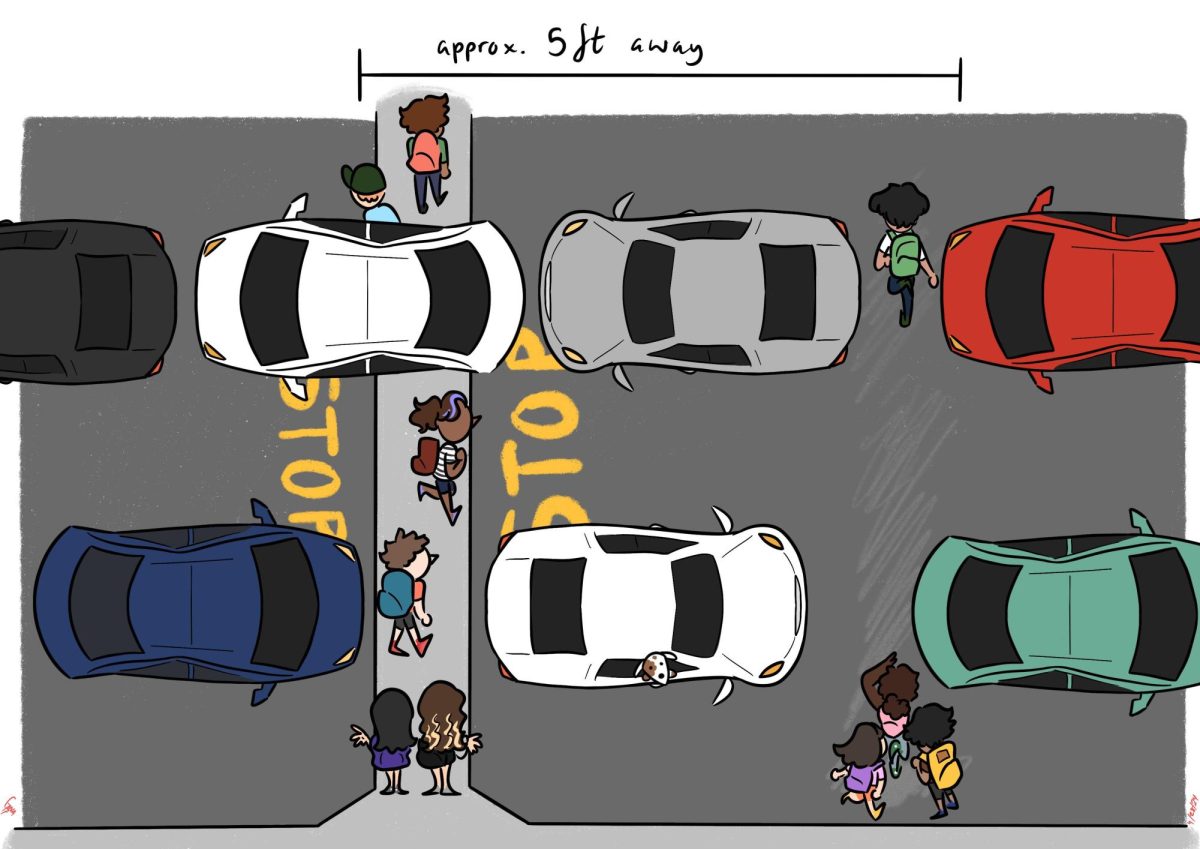In today’s digital age, social media has become integral to students’ daily lives.
In a survey conducted by The Californian, of the 169 students who responded, more than 90 percent indicated they used at least one form of social media. The poll indicates that about 75 percent of students who responded were on Instagram, followed by Pinterest (44 percent), Snapchat (43 percent), and TikTok (41 percent).
Being constantly connected to social media can make students lose focus. Eager to stay updated on what’s occurring in the world around them, students sacrifice time generally used to complete schoolwork on a device instead.
Social media has also been linked to sleep disturbances among students. In a previous survey from The Californian, 37.7 percent of the 130 students who responded reported they use social media before bed.
The Sleep Foundation, a health organization once affiliated with the National Sleep Foundation, found that children who are more active on social media are more likely to experience insomnia. Lack of quality sleep can cause attention issues, hurting academic performance
In 2019, California legislation passed a new law that went into effect on July 1, 2023 and pushed back school times to better accommodate teenagers’ sleep cycles. But by spending time on social media before bed, students undermine the purpose of this legislation.
When even the law prioritizes adequate sleep for academic success, why don’t students?
Some students indicated in The Californian’s recent survey that social media provides entertainment when they are stressed. Most of these same students indicate they take at least three weighted classes. This rigorous course load can contribute to this stress.
But the enjoyment of social media comes with a price. Social media promotes a culture of comparison and self-doubt. Platforms like Instagram often show idealized versions of people’s lives, leading students to compare themselves to others and feel uninteresting.
This constant pressure to measure up can take a toll on students’ self-esteem, affecting their motivation to succeed academically and creating more stress.
While social media has its positives, its negative impacts cannot be ignored. From distractions and health concerns to societal pressures, social media creates problems for students trying to excel in their personal and academic lives.
Social media is detrimental to students
May 7, 2024
More to Discover
About the Contributor

Gina Germano, Graphics Editor
Senior Gina Germano is the Graphic Editor for the Californian. When she’s at home, she will be seen listening to her Gorillaz playlist, drawing her OC’s, crocheting doilies and binging the same 3 YouTube documentaries about FNAF. She loves drawing people and hopes to broaden her skills with illustration and showing off her work online. She hopes to be a great graphics editor and would like to showcase all artists’ work in this year’s newspaper! As well as having a good senior year and surviving Government and Econ.
